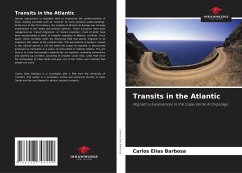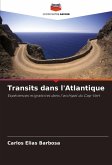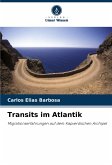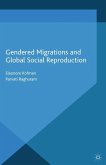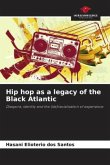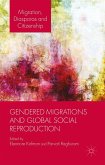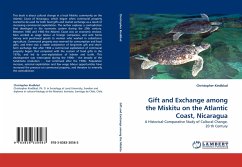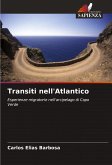Various approaches to migration tend to emphasise the unidirectionality of flows, leading concepts such as 'transits' to more exclusive understandings. At the turn of the 21st century, the mobility of Africans to Europe was strongly emphasised in the media and political spheres. These scenarios have been categorised as 'transit migrations' or 'transit countries', most of which have been encapsulated in ideas of irregular migration to Western countries. Once again, these concepts enter the discursive field that places migrants in an imaginary that refers to the colonial order. This persistence of borders created in the colonial period is still felt when the image of migrants is discursively produced as transients in a space circumscribed to national citizens. The aim here is to show that people's experiences are dynamic, revealing connections and opening up corridors according to broader social links. Links that cross the archipelago of Cape Verde and give rise to the riches and creativity that people can carry.
Bitte wählen Sie Ihr Anliegen aus.
Rechnungen
Retourenschein anfordern
Bestellstatus
Storno

